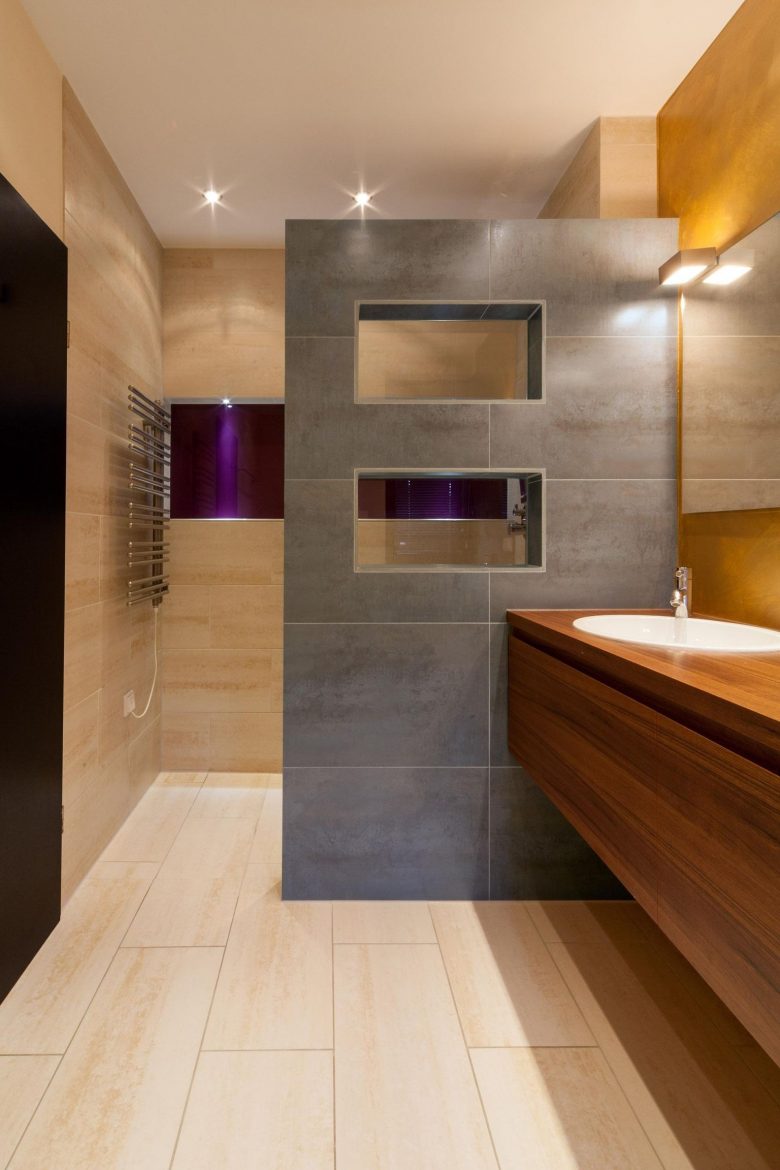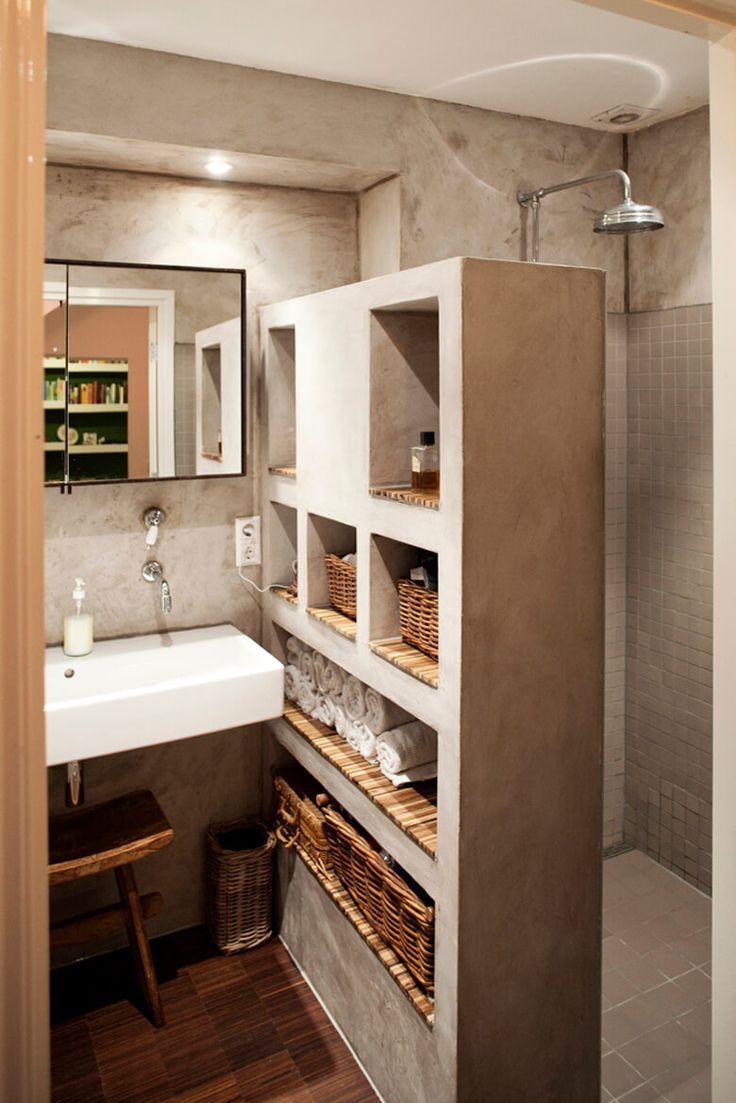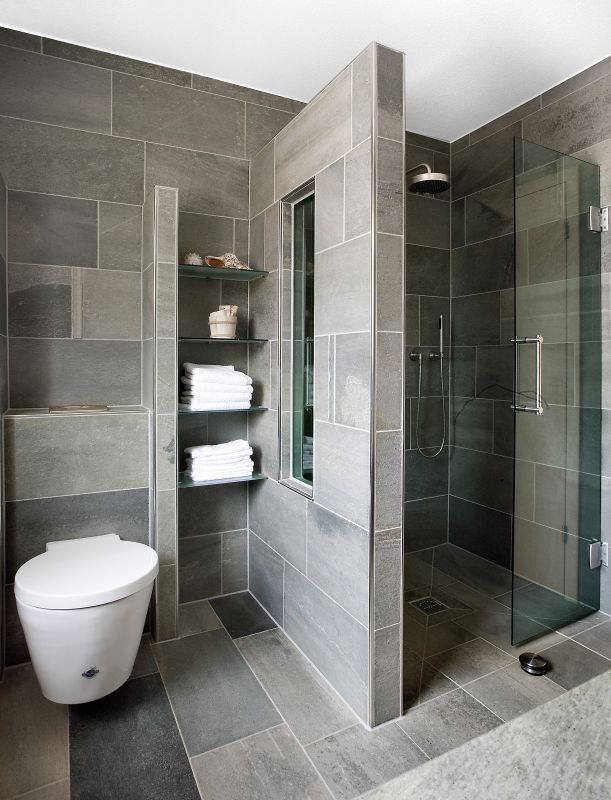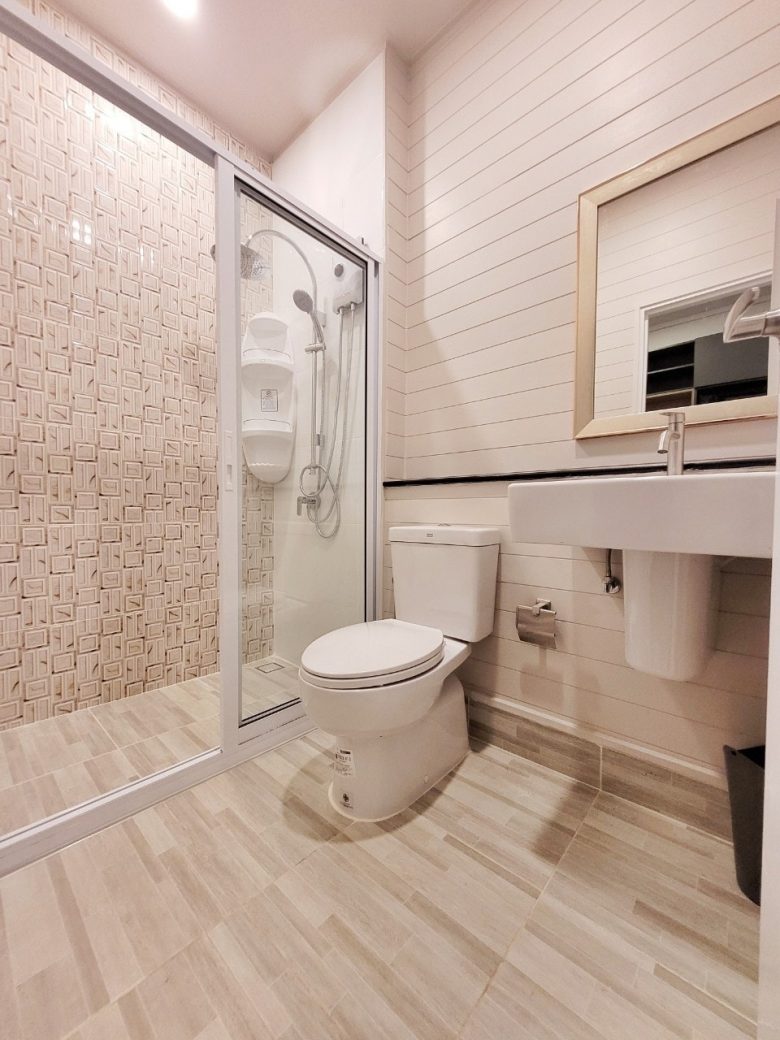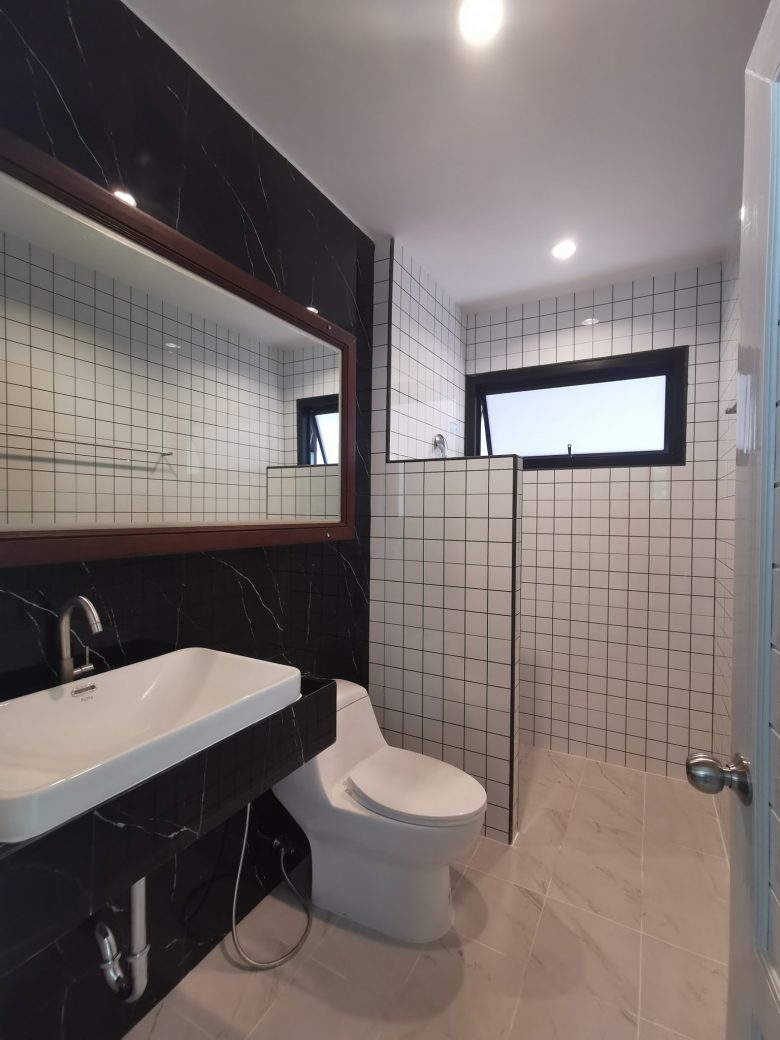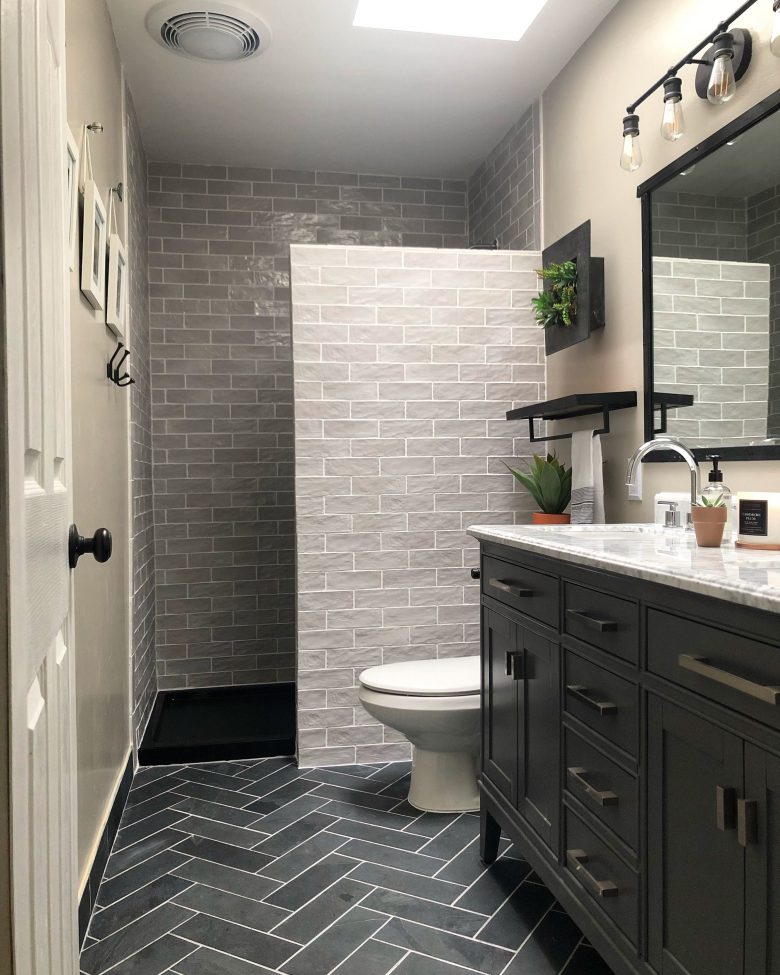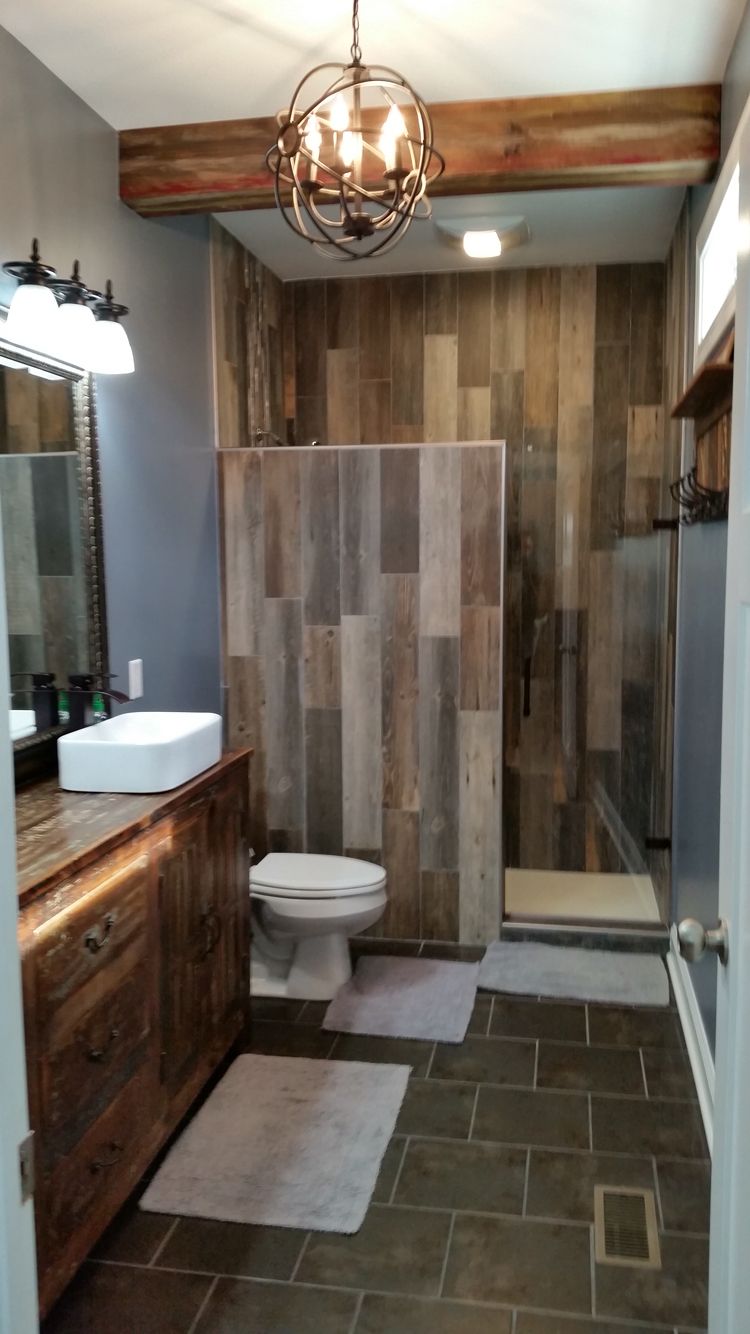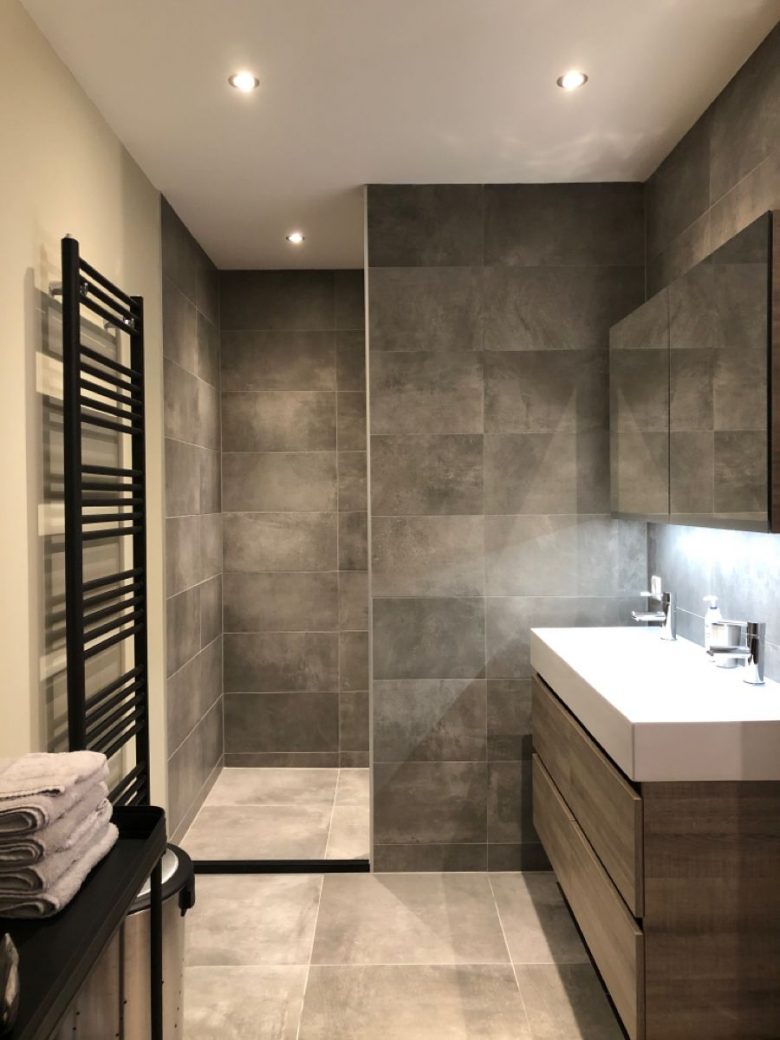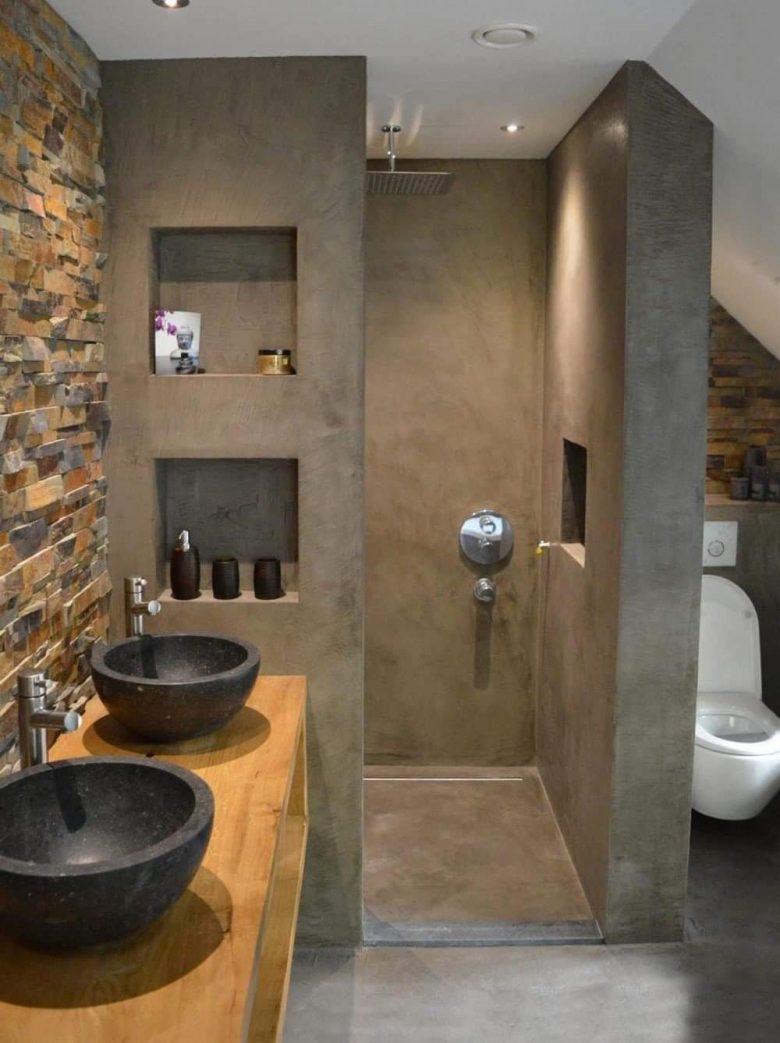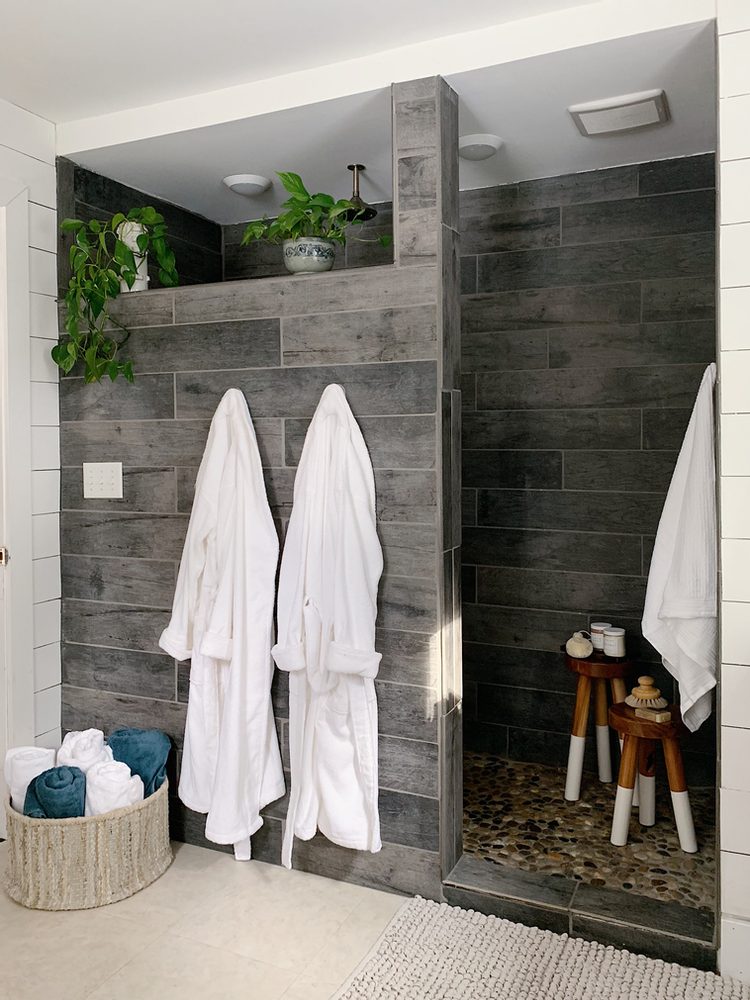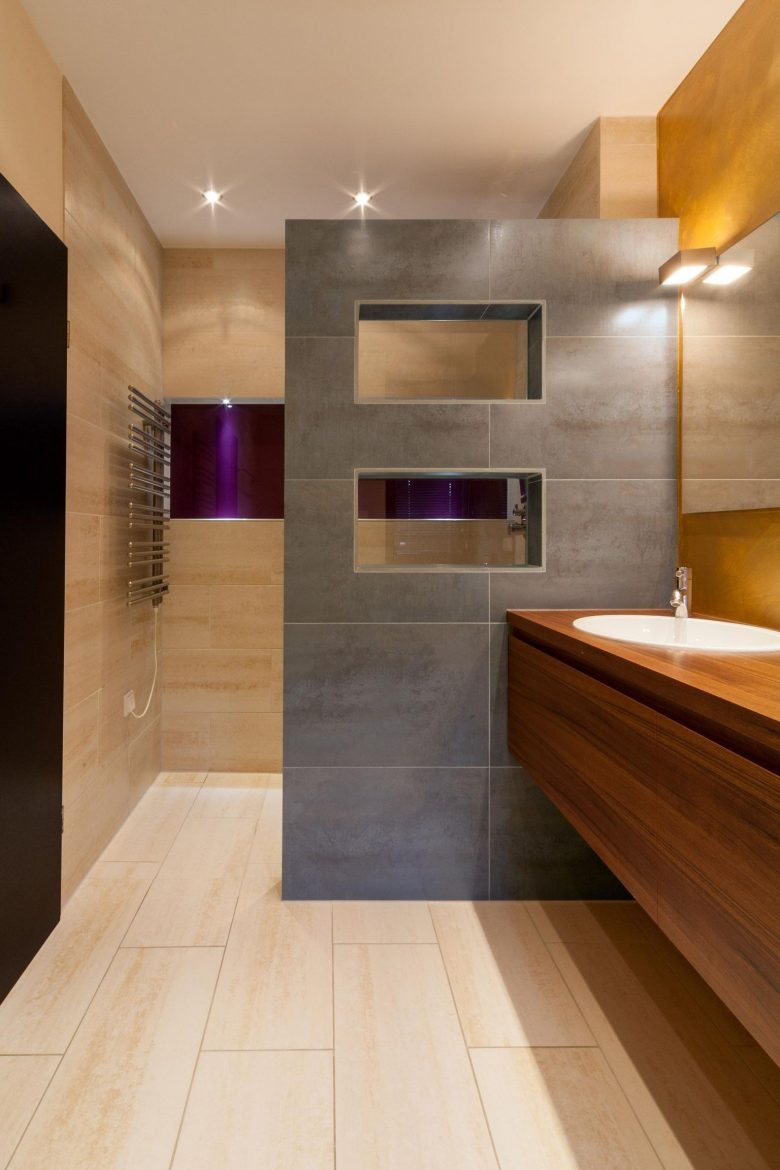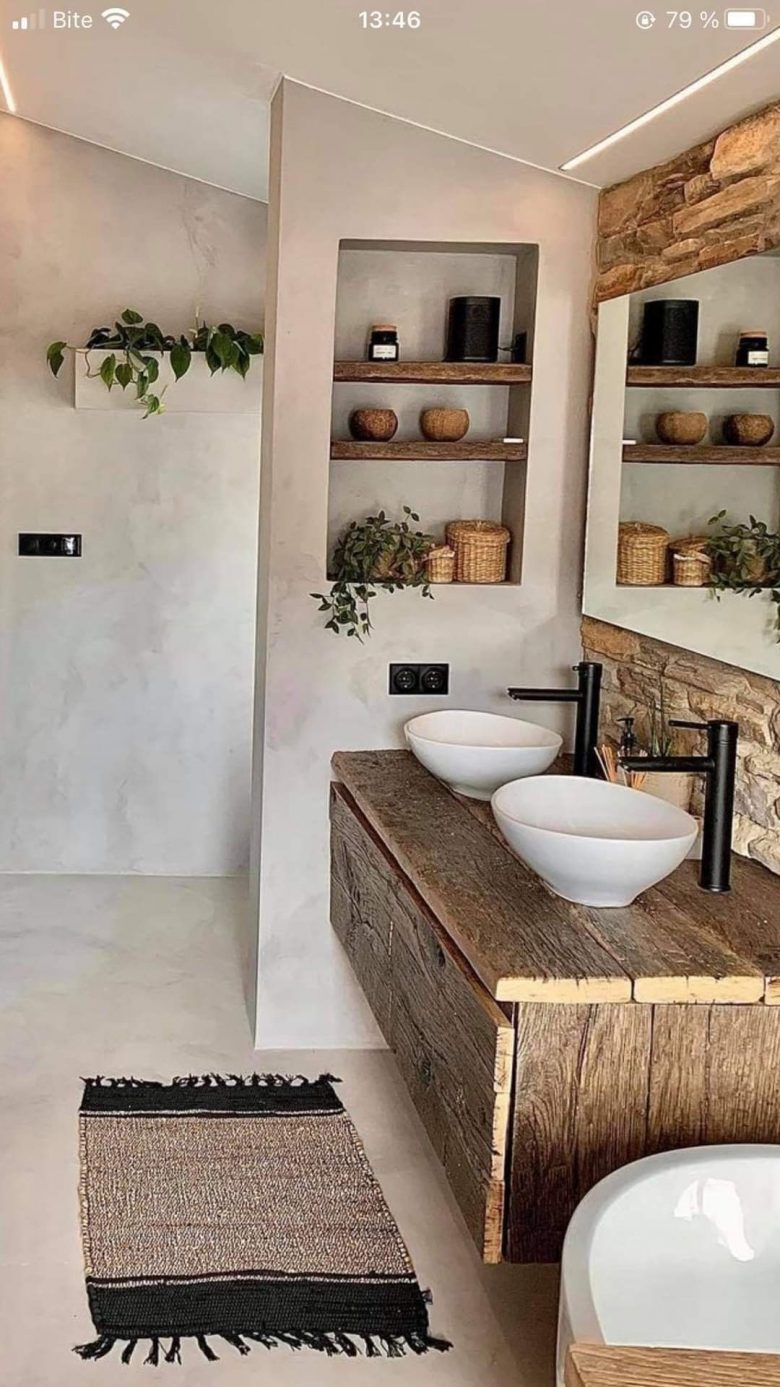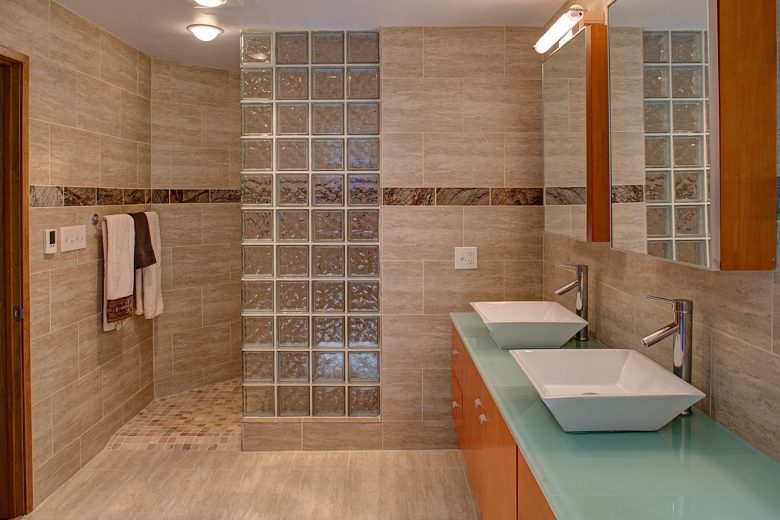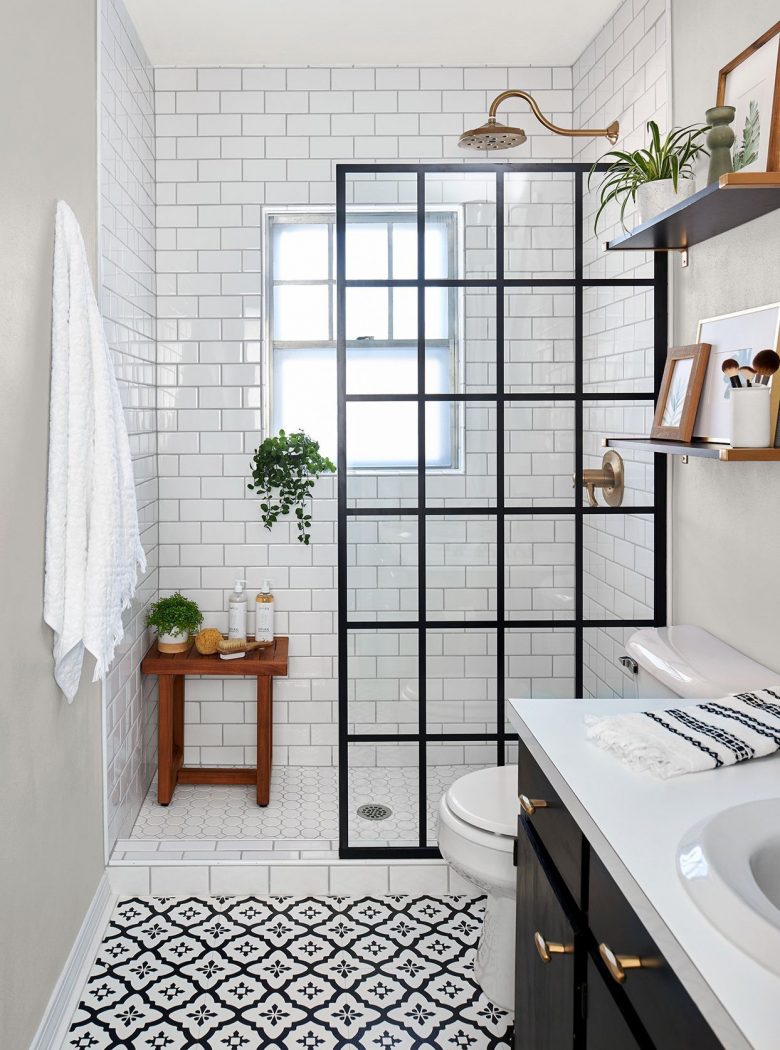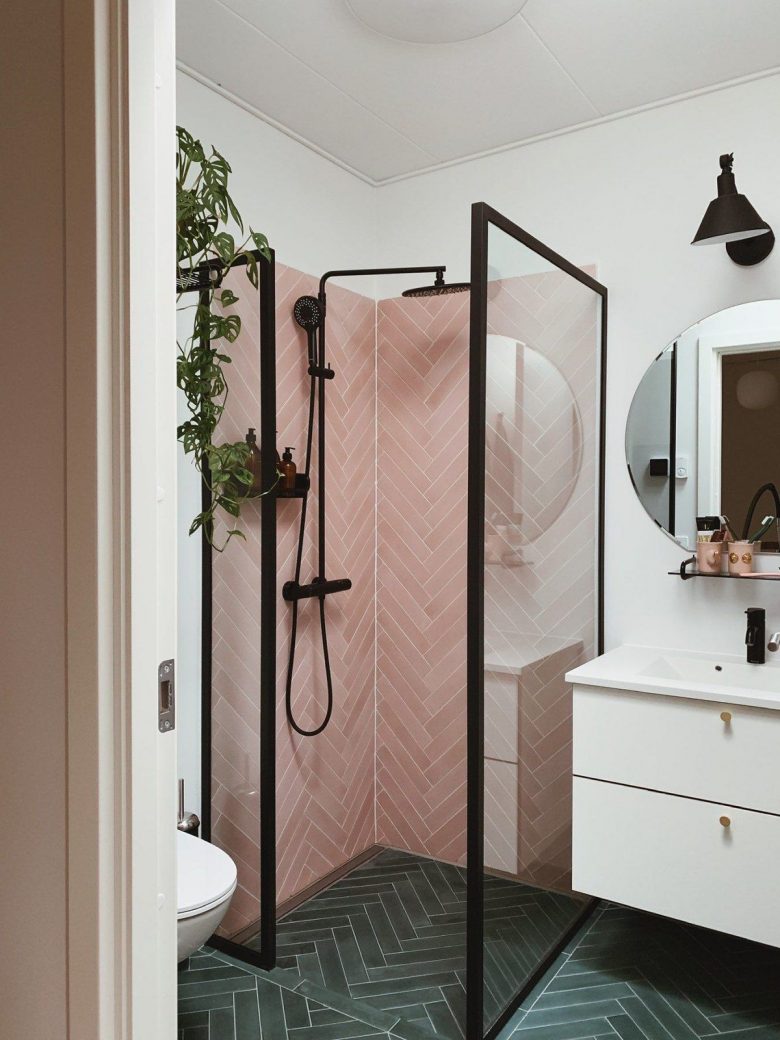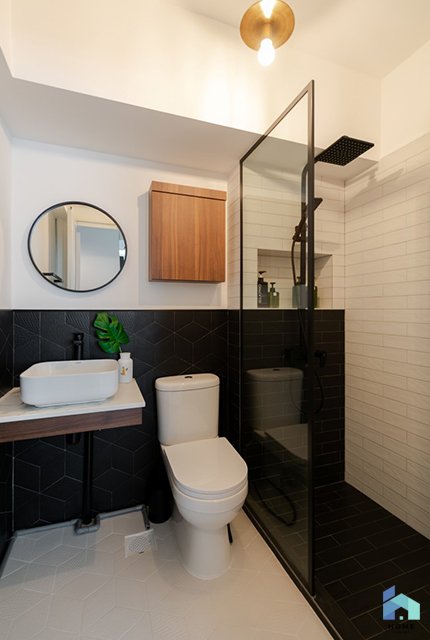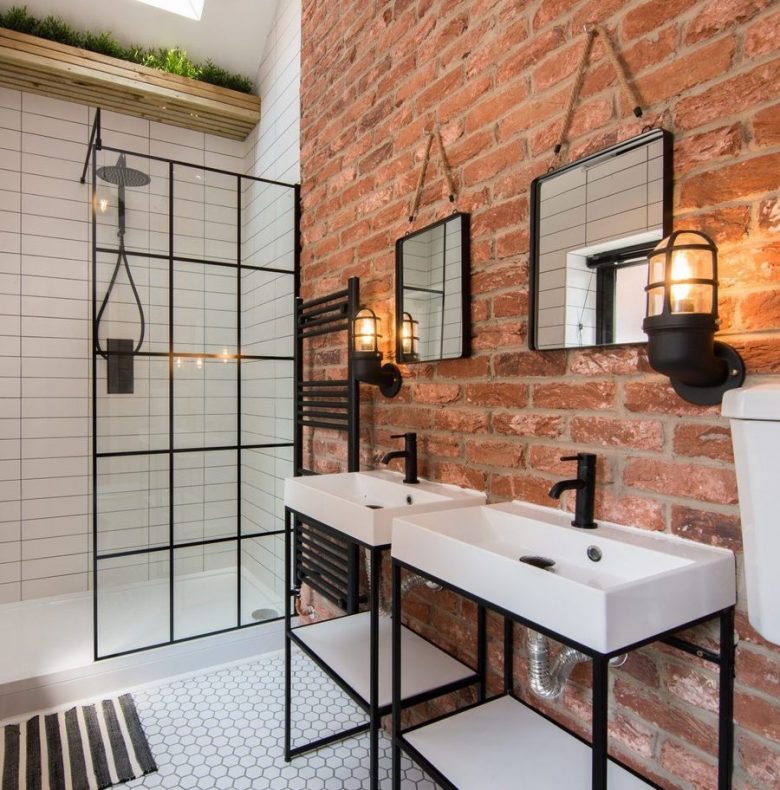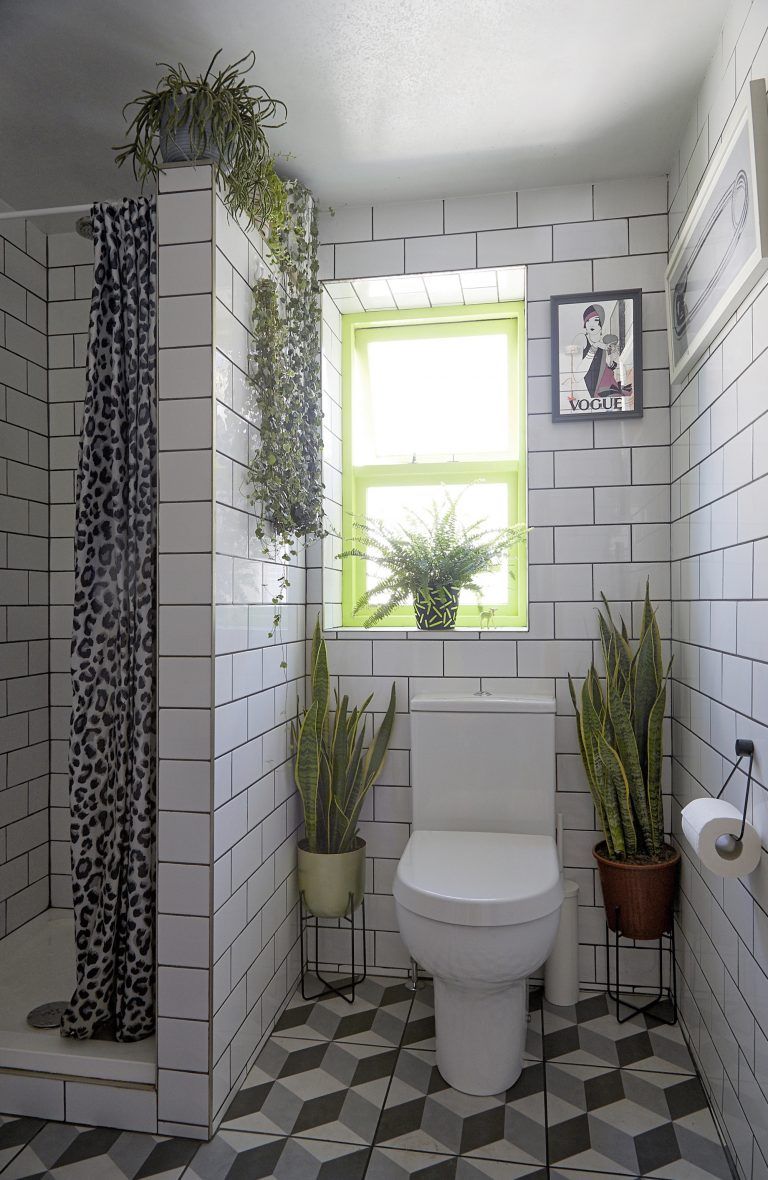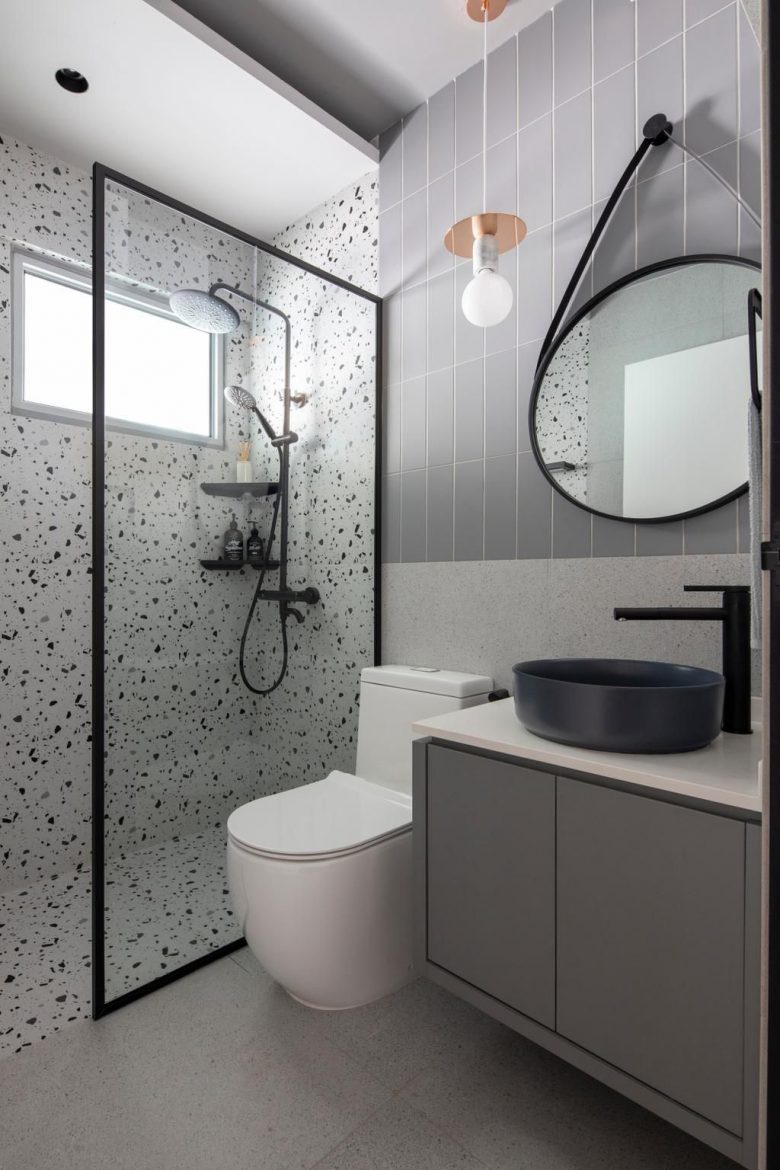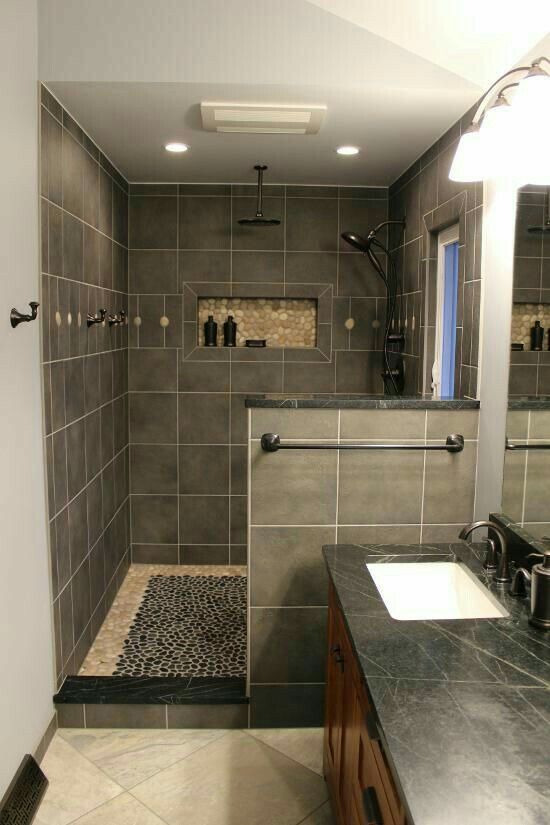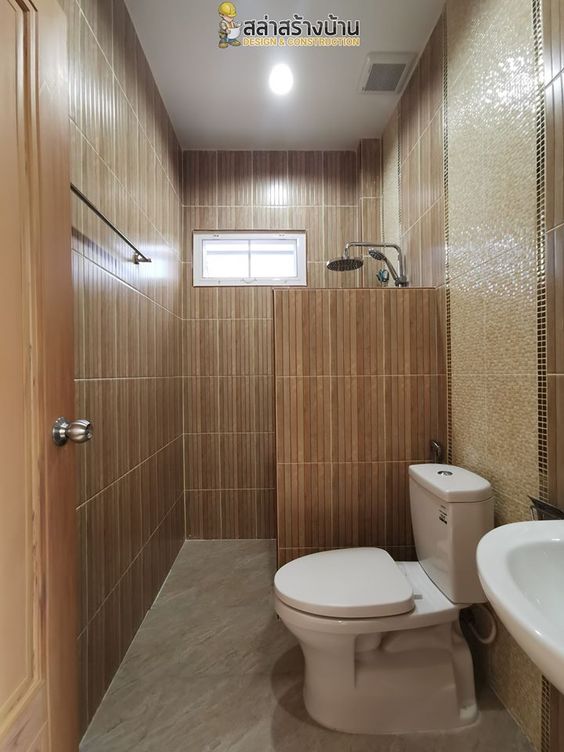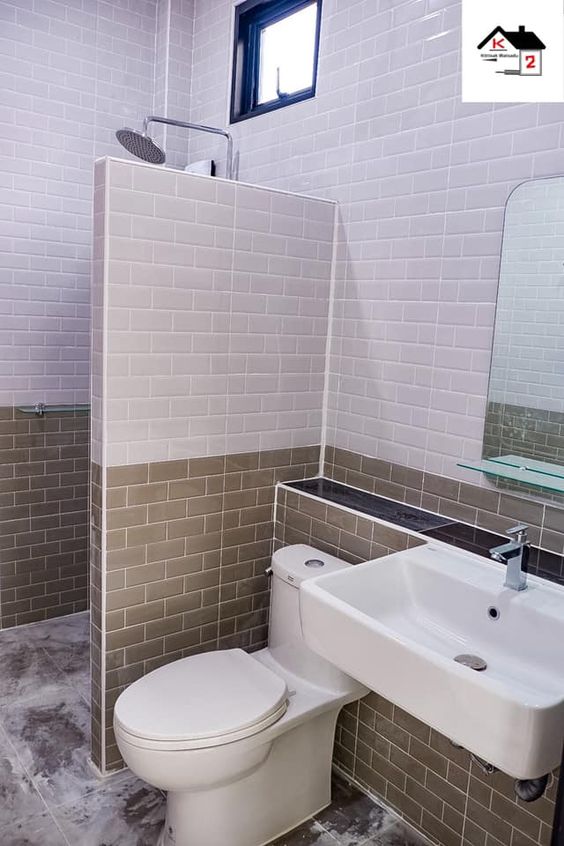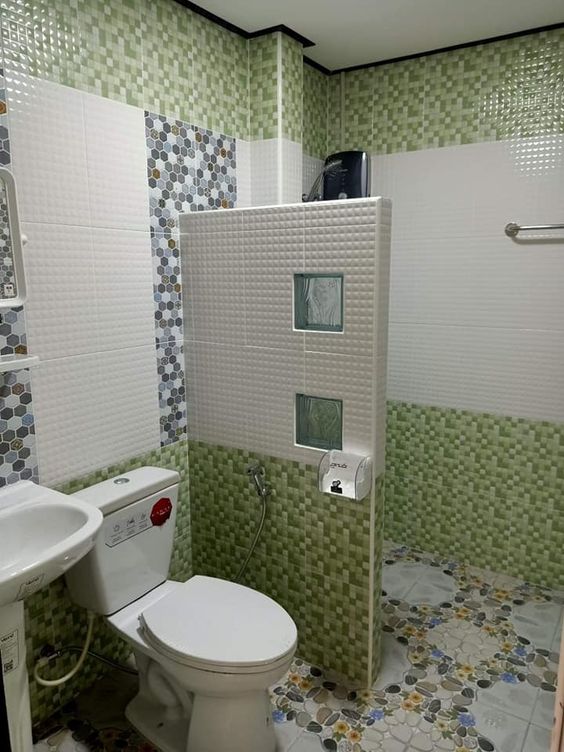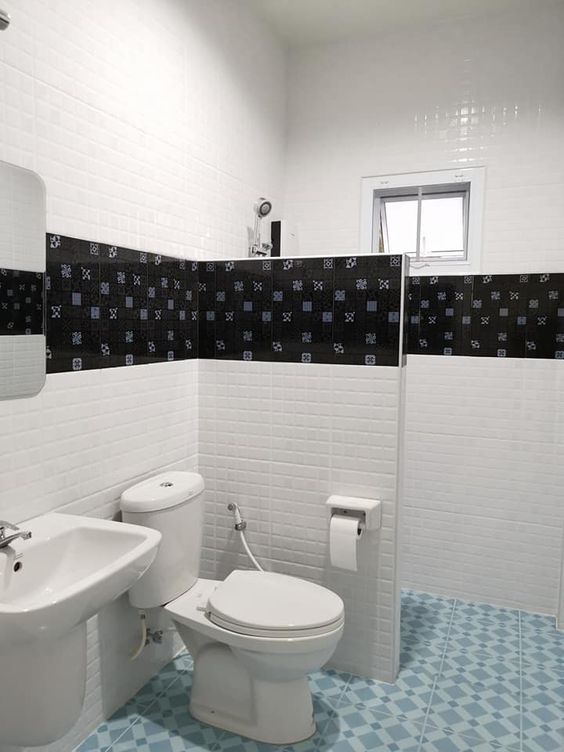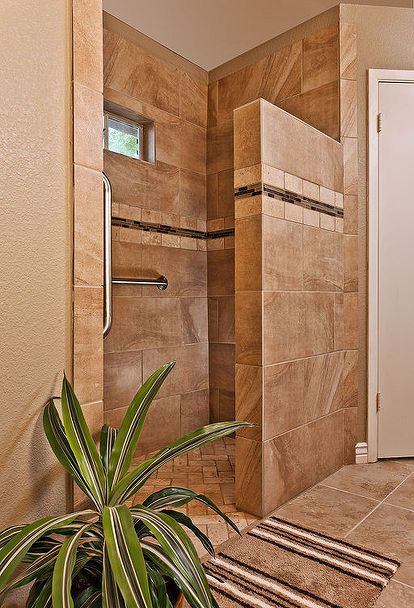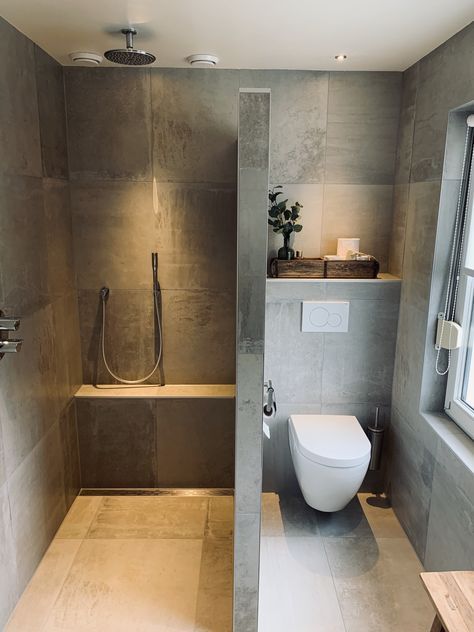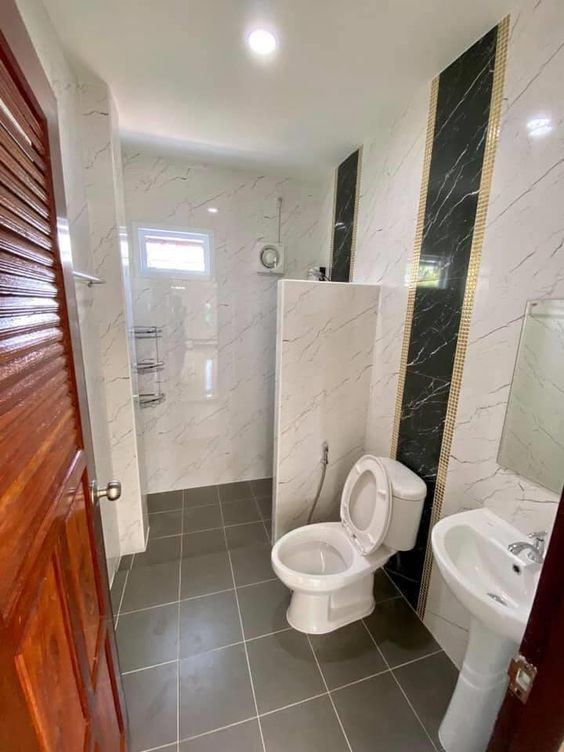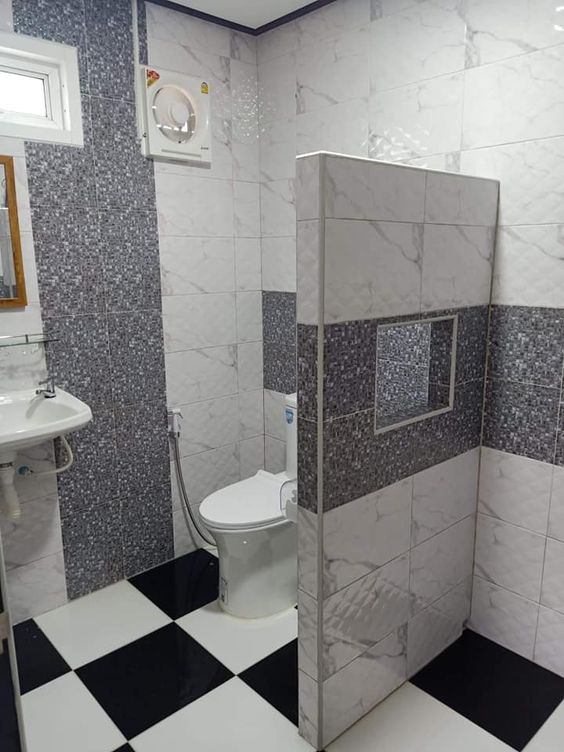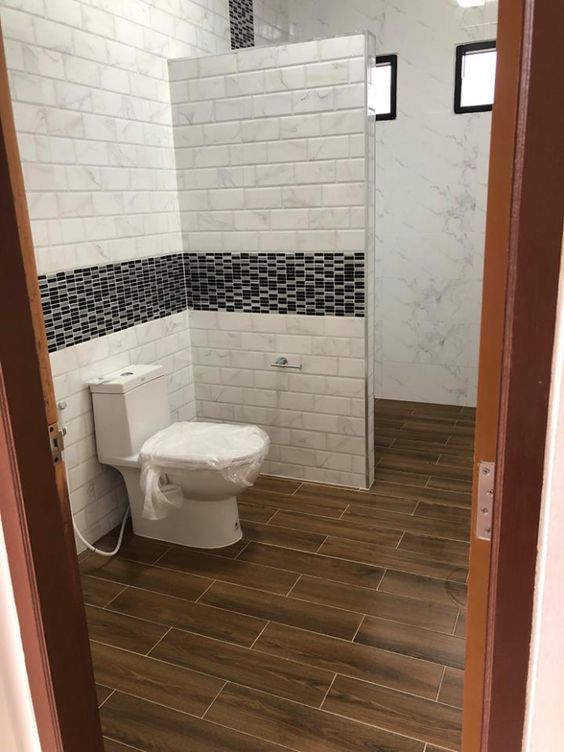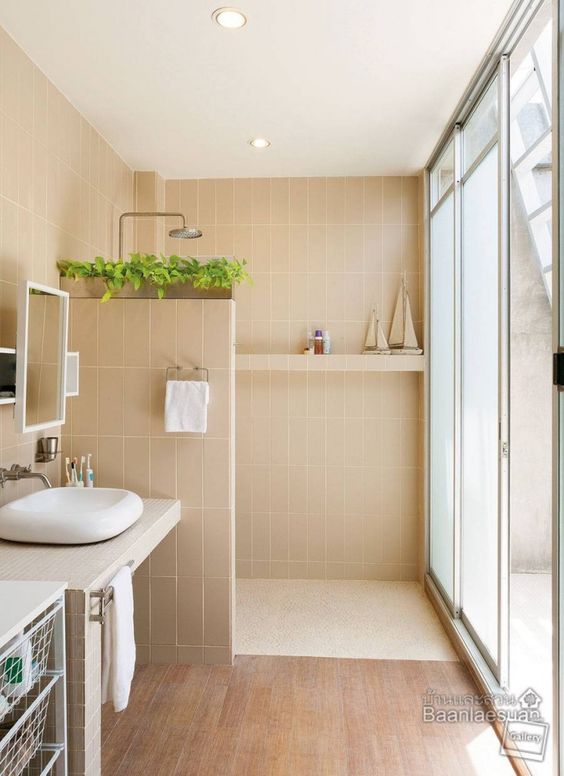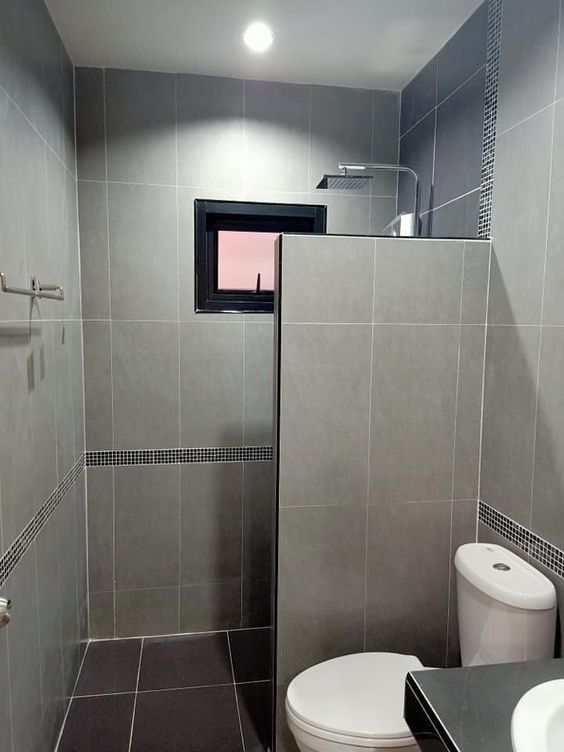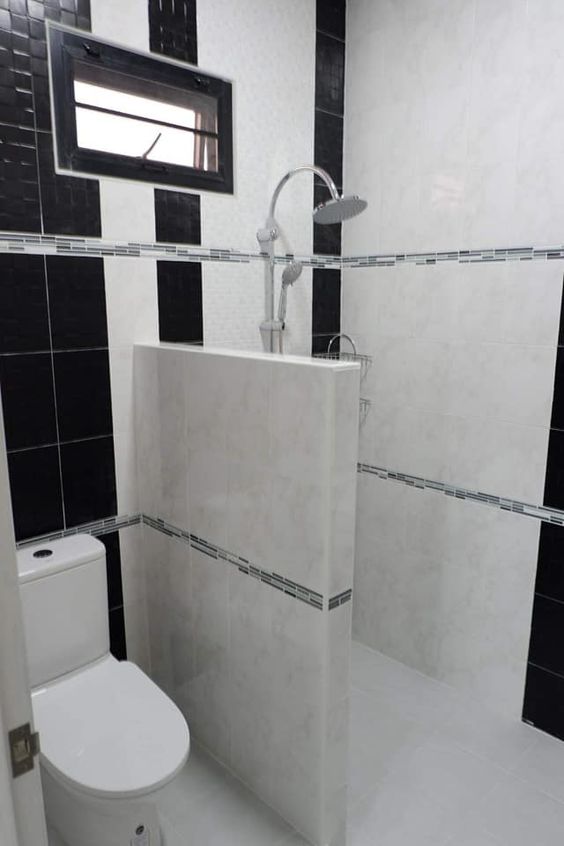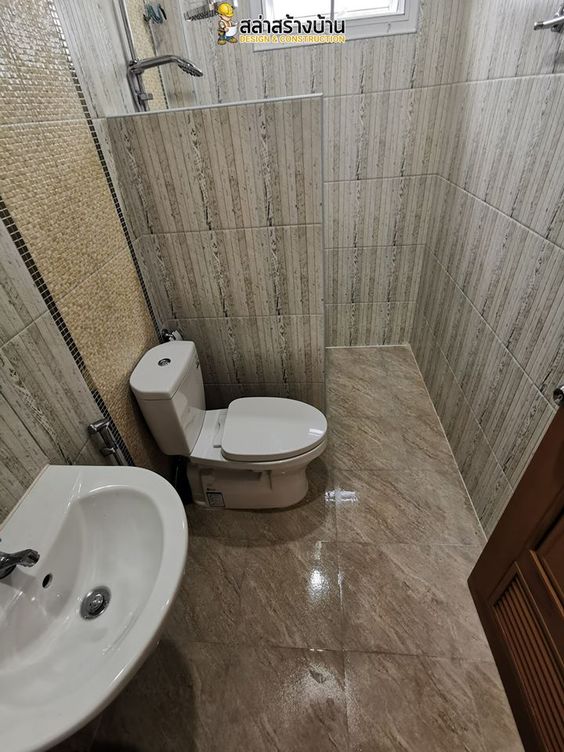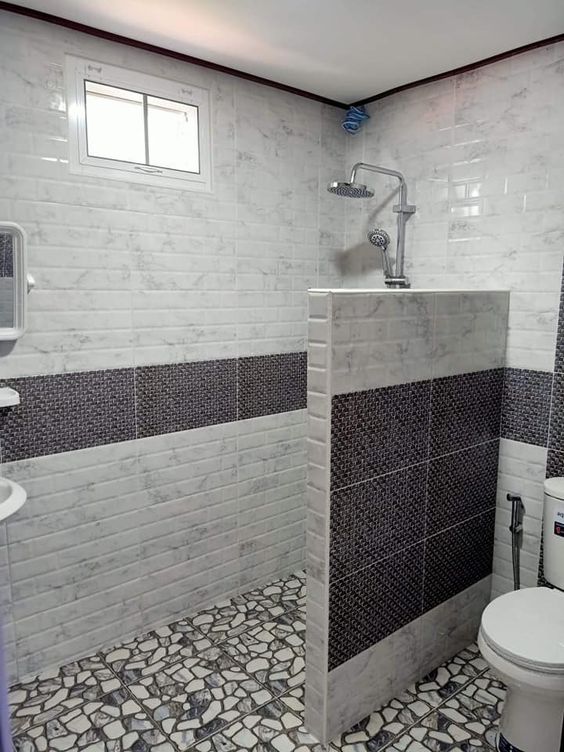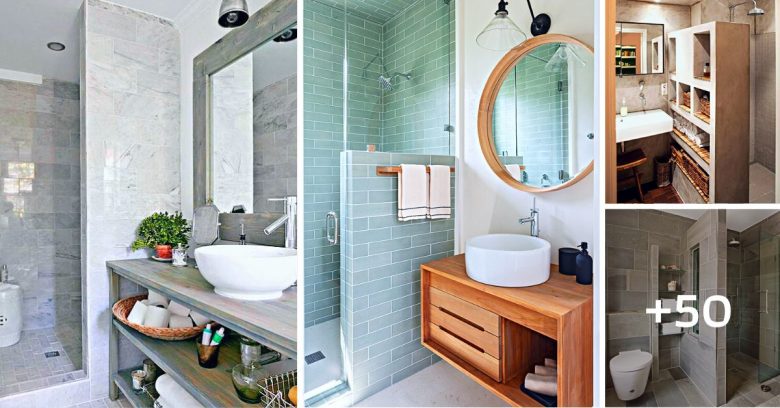
Your bathroom should be separated into two zones: wet and dry. The wet zone includes your bathtub, shower and towel rails. Meanwhile, the dry zone covers your toilet, vanity and storage areas.
Wet zones require more frequent cleaning than dry zones. Separating the two areas will speed up the cleaning process.
A completely damp and extremely humid bathroom has a higher risk of mold growth. By keeping the dry zone free of moisture, you reduce the likelihood of mold and mildew growth.
By separating the wet and dry zones, you can contain all the messy water activities in one area. You can also place all your bath or shower essentials in the wet zone while storing all your other bath items in the dry zone.
Your wet zone could benefit from an extraction fan and well-positioned windows to reduce dampness and prevent moisture buildup.
For lighting, make sure both areas are bright enough so you can clearly see your surroundings. A ceiling light will work just fine, but you should add lights on either side of your vanity mirror too.
Don’t place your wet zone near your bathroom door so that water won’t accidentally seep out of the room. Make sure to install towel rails next to the shower so you can dry yourself before stepping on the dry zone.
Keep all water sources away from the dry zone so that the area will remain easy to clean and safe from mold growth.
.
.
.
.
.
.
.
.
.
.
.
.
.
.
.
.
.
.
.
.
.
.
.
.
.
.
.
.
.
.
.
.
.
.
.
.
.
.
.
.
.
.
.
.
.
Credit: Pinterest



